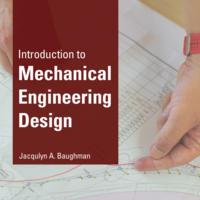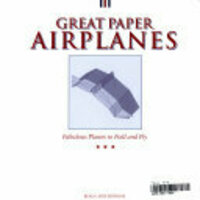Search
Books+
Searching 1,730 books
Search related to the career Aeronautical Mechanic
Working Conditions for Aeronautical Mechanics:
1. Environment:
Aeronautical mechanics typically work in hangars, repair stations, or manufacturing facilities. They may also work outdoors on airfields or runways. The work environment can be noisy, and they may be exposed to fumes, chemicals, and loud aircraft engines.
2. Physical Demands:
The job of an aeronautical mechanic can be physically demanding. They may need to lift heavy objects, climb ladders, and work in confined spaces. They must have good manual dexterity and be able to perform tasks that require precise hand-eye coordination.
3. Work Schedule:
Aeronautical mechanics often work full-time and may be required to work evenings, weekends, and holidays. They may also be on call for emergency repairs or maintenance.
4. Safety Precautions:
Safety is of utmost importance in the aviation industry. Aeronautical mechanics must strictly follow safety protocols and wear protective equipment, such as goggles, gloves, and earplugs, to minimize the risk of accidents or injuries.
5. Teamwork:
Aeronautical mechanics usually work as part of a team. They collaborate with other mechanics, engineers, and technicians to diagnose and solve complex aircraft problems. Effective communication and teamwork skills are essential in this profession.
6. Travel:
Aeronautical mechanics may occasionally need to travel to remote locations or airfields to perform maintenance or repairs on aircraft. This may involve overnight stays or extended periods away from home.
7. Stressful Situations:
Working as an aeronautical mechanic can involve high-pressure situations, especially during critical repairs or inspections. They must be able to handle stress and make quick decisions while maintaining a focus on safety and accuracy.
8. Continuous Learning:
Aeronautical mechanics need to stay updated with the latest advancements in aircraft technology and maintenance procedures. They may need to attend training programs or workshops to enhance their skills and knowledge.
9. Regulatory Compliance:
Aeronautical mechanics must adhere to strict regulations and guidelines set by aviation authorities, such as the Federal Aviation Administration (FAA). They must ensure that all maintenance and repairs are performed in accordance with these regulations.
10. Career Growth:
With experience and additional certifications, aeronautical mechanics can advance their careers to become lead mechanics, supervisors, or even aviation inspectors. Continuous professional development is crucial for career growth in this field.
Source: Various AI tools
















